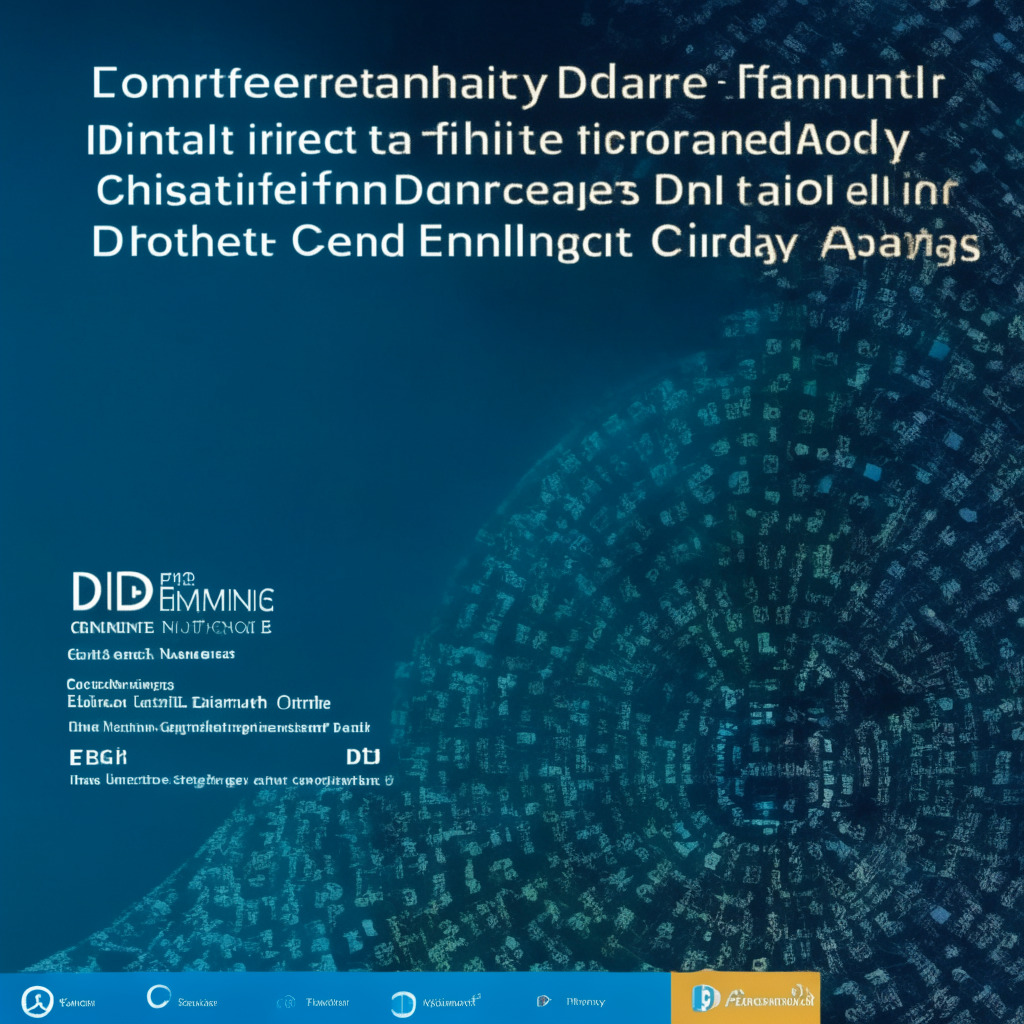In a latest judicial twist, a significant ruling made by New Hampshire District Court Judge Paul Barbadoro in the notable case of the United States Securities and Exchange Commission (SEC) against the decentralized content platform LBRY could quite possibly set the course for future crypto sales proceedings. The waters of regulation and commerce often tend to murky when it comes to crypto, especially in the area of secondary sales of cryptocurrencies.
A secondary market, by definition, is where traders purchase and sell securities, in contrast to the primary market where transactions occur directly from the company issuing the security. Both markets play critical roles in establishing the health and vibrancy of the economy; however, their relation to crypto sales has long been a subject of ambiguity.
Judge Barbadoro affirmed this uncertainty in his ruling. He declared, “I take no position on whether the registration requirement applies to secondary market offerings of LBRY Credits (LBC).” This statement came as a surprise for many, having seen Barbadoro imply in a January appeal hearing that secondary sales of LBC, represented by U.S. lawyer John Deaton, did not form a securities offering.
While this may offer a legal precedent for District Court Judge Analisa Torres, set to provide a verdict on the SEC’s suit against Ripple (XRP), the non-committal stance from Judge Barbadoro can also act as a stumbling block for clear legal declarations concerning the crypto world. This is especially concerning given the SEC’s acknowledgment that secondary market LBC sales do not constitute a security.
Overall, this entire event shines a spotlight on the chaotic regulatory landscape for cryptocurrencies. While the debate for a regulatory framework continues, users, investors, and enthusiasts must maintain an astute sense of understanding and caution concerning legal status of cryptocurrency, particularly in the secondary market.
Thanks to the recent ruling, or lack thereof, the spotlight is shining brighter than ever on the murky regulatory landscape of the crypto world. Amidst the silence, users, investors, and enthusiasts alike must maintain an increased level of understanding, skepticism, and caution when dealing with the flexible legal status of cryptocurrencies, particularly in secondary market situations. Cryptocurrency’s journey towards becoming a globally recognized legal entity is still unfolding, and this event marks yet another complex chapter in its unfolding story.
Source: Cointelegraph




